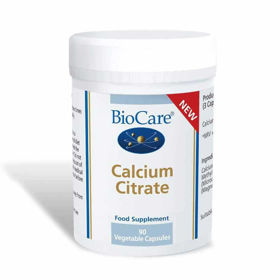Vprašanje stranke:
Kakšni so znaki, da imamo v telesu preveliko količino kalcija? Vprašanje anonimne stranke
Odgovor farmacevta:
Hiperkalciemija je stanje, pri katerem trpite za previsoko koncentracijo kalcija v krvi. Kalcij je nujen za normalno delovanje organov, celic, mišic in živcev, pomemben pa je tudi pri strjevanju krvi ter zdravju kosti. Vendar pa lahko prevelika količina kalcija povzroči tudi težave. Hiperkalciemija otežuje telesu, da opravlja svoje normalne funkcije. Izjemno visoke ravni kalcija so lahko tudi smrtno nevarne.
Hujši in/ali dolgotrajni primeri hiperkalciemije lahko povzročijo naslednje simptome:
- pogostejše uriniranje in žeja
- utrujenost
- bolečine v kosteh
- glavoboli
- slabost in bruhanje
- zaprtje
- zmanjšanje apetita
- pozabljivost, depresija ali razdražljivost
- bolečine v mišicah, šibkost, krči in/ali trzanje
Večina primerov hiperkalciemije ni življenjsko nevarnih in mnogi ljudje nimajo nikakršnih simptomov. Zdravniki to stanje pogosto odkrijejo zgodaj z rutinskimi preiskavami krvi. Več kot 25 različnih bolezni, številna zdravila in celo dehidracija lahko povzročijo hiperkalcemijo. Primarni hiperparatiroidizem in različne vrste raka predstavljajo največji odstotek vseh ljudi s hiperkalcemijo.
Zanimivo branje: Bolečine v kosteh na nogah
Zanimivo branje: Živila, ki vsebujejo kalcij








 Facebook
Facebook
 Instagram
Instagram
 info@moja-lekarna.com
info@moja-lekarna.com

